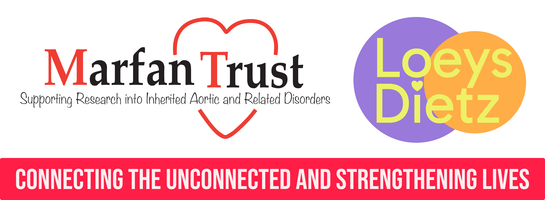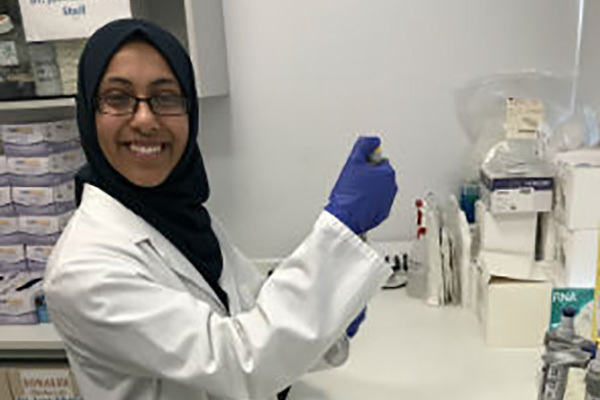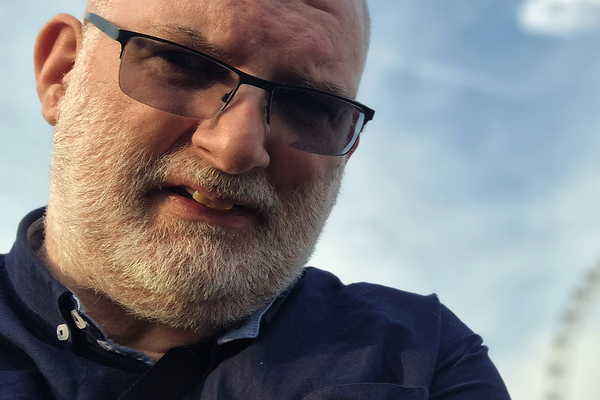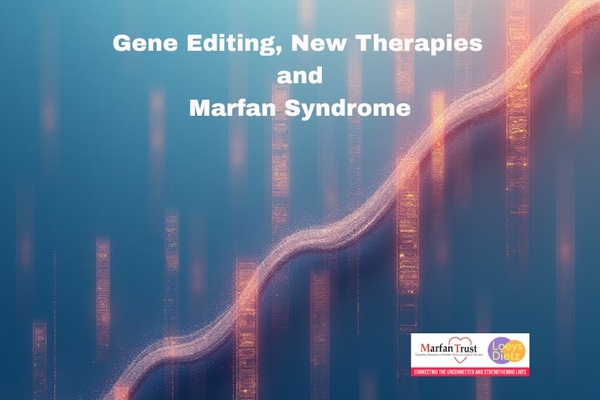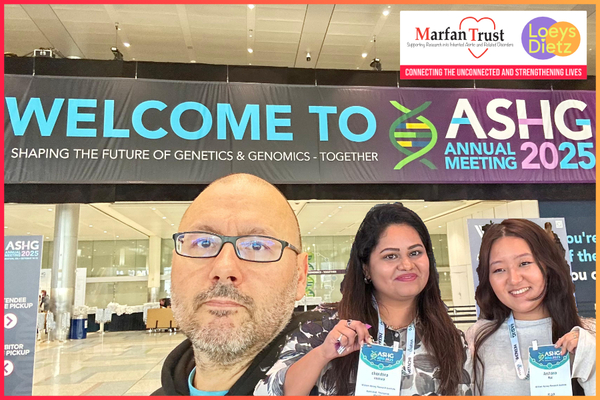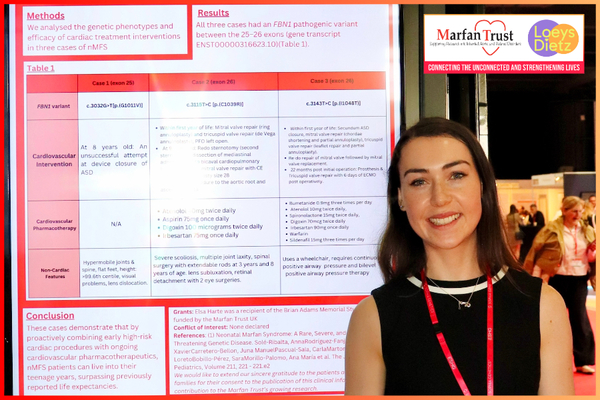Thanks to the tremendous generosity of our sponsors, so far we have been able to upgrade the following equipment, attend one of the ASHG Conferences and host a number of students to assist us in our vital research.
PCR machine: This new machine is faster and does PCR gradients, which are needed to optimise PCR fragments. This equipment is very useful for many projects done in Sonalee Lab.
Water-bath incubator: The new device is bigger and better than the replaced one. The students are very happy they don’t need to run to the second floor, where a spare one was used thanks to the help of other scientists at the university.
Two New Computers: The two new computers will replace two ancient PCs on the point of expiry. They are most welcome additions to the Sonalee Laboratory.
Two New Sets of pipettes: To replace old equipment thereby giving us the chance to host more students, better facilitate Laboratory workflow and increase accuracy while minimizing DNA contamination.
Three Vortex-mixers: these devices will replace three very old machines and will increase reliability as a result of improved mixing.
Magnetic stirrer with heating block: To be used in the mixing of reagents and buffers used in the Laboratory.
Conference: American Society of Human Genetics (ASHG) Vancouver, Canada – A very generous donation sponsored one attendee to go to the ASHG conference that was held in Vancouver, Canada. The attendee presented a poster on Marfan syndrome (- an approach to Genotype-Phenotype association) and he had the opportunity to go to three workshops in bioinformatics while at the conference thanks to the generosity of our sponsors.
Students
This year was a busy one in the lab with three industrial placement students, four BSc students, and two volunteers.
Publications
Clinical History and Management Recommendations of the Smooth Muscle Dysfunction Syndrome Due to ACTA2 Arginine 179 Alterations. Regalado E, Mellor-Crummey L, De Backer J, Braverman A, Ades L, Benedict S, Bradley T, Bricker ME, Chatfield KC, Child A et al. Genet Med 2018 Jan 4.
Effects of Irbesartan on Aortic Dilatation in Marfan Syndrome. Mullen M, Jin X, Child A, Stuart G, Clayton T, Dodd M, Crossman D, Flather M et al. 2019. Submitted for publication
Gastrointestinal Symptons in Marfan Syndrome and Hypermobile Ehiers-Danlos Syndrome. Inayet N, Hayat JO, Kaul A, Tome M, and Poullis A. Gastroenterology Research and Practise, vol 2018, Article ID 4854701, 8 pages 2018. https://doi.org/10.1155/2018/4854701/.
New Projects
- Publish Marfan genotype – phenotype correlations; How the position and type of gene error can predict severity of Marfan Syndrome and therefore guide how patients and doctors better manage treatment.
- Discover new genes for Thoracic Aortic Aneurysm and Dissection (TAAD) – a UK collaborative project leading to clearer diagnosis and more specific care, as well as family screening.
- Search for new genes for Ectopia Lentis (EL) (European collaborative project)This allows doctors to distinguish EL from Marfan syndrome.
- Study cells from patients to test new medications to improve fibrillin protein production in collaboration with Cambridge University so that future medications may be even more effective in preventing aneurysms.
- Publish two Adolescent Scoliosis genes in collaboration with University of Montreal Canada. This allows for correct genetic counselling and distinguishing scoliosis from Marfan syndrome.
- Create zebrafish models of structural genetic aortic disease. Heart disease genes are introduced into small transparent fish so the development of an aneurysm can be observed. This leads to better understanding of how aneurysm genes produce abnormal development.
- Search for modifying genes for Marfan syndrome Minor genes which alleviate the effect of the Marfan gene could be harnessed to improve the condition.
- Using whole exome sequencing to discover new genes for Ehlers Danlos syndrome (EDS) which overlaps with Marfan syndrome. This allows us to differentiate EDS from Marfan syndrome and thus provide correct management.
- Survey of quality of life for young people with Marfan syndrome. Physical and psychosocial impact of Marfan syndrome on lifestyle needs to be better and more widely understood.
